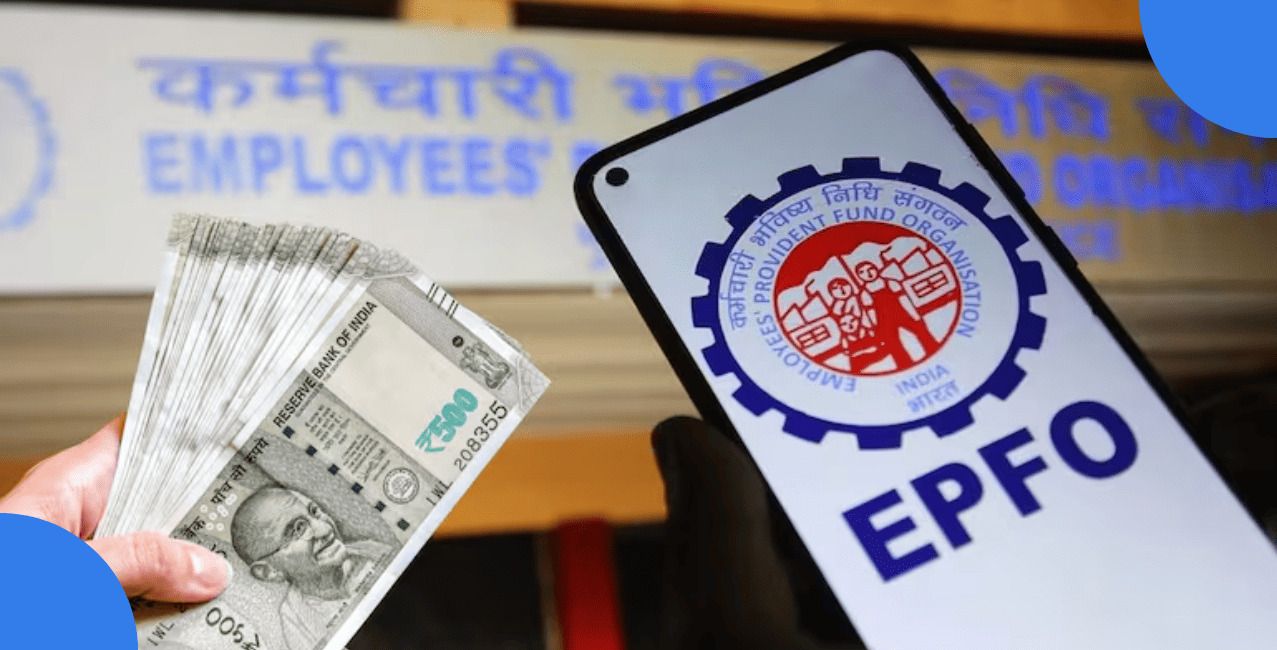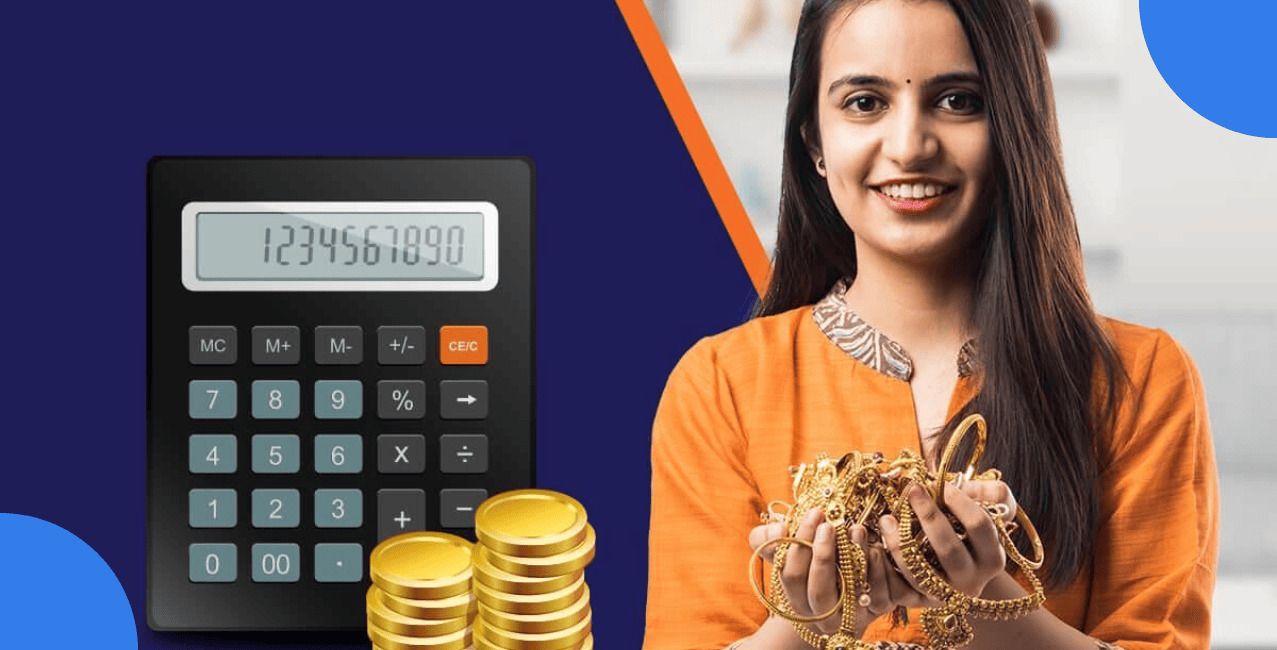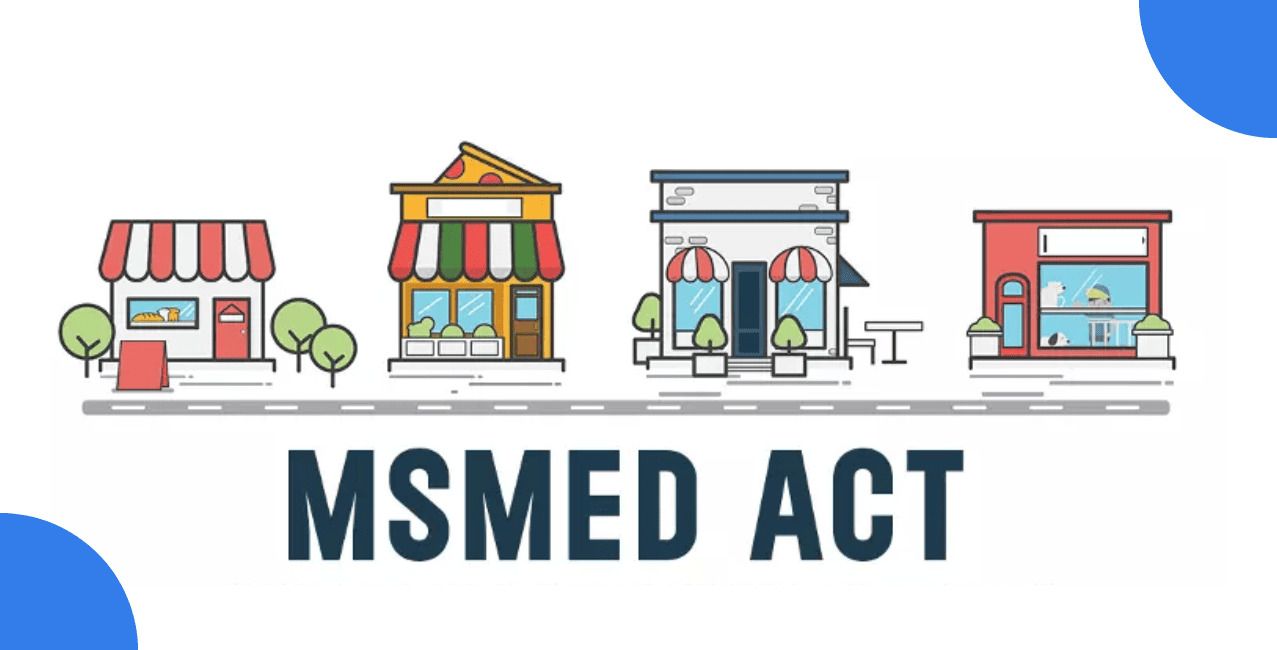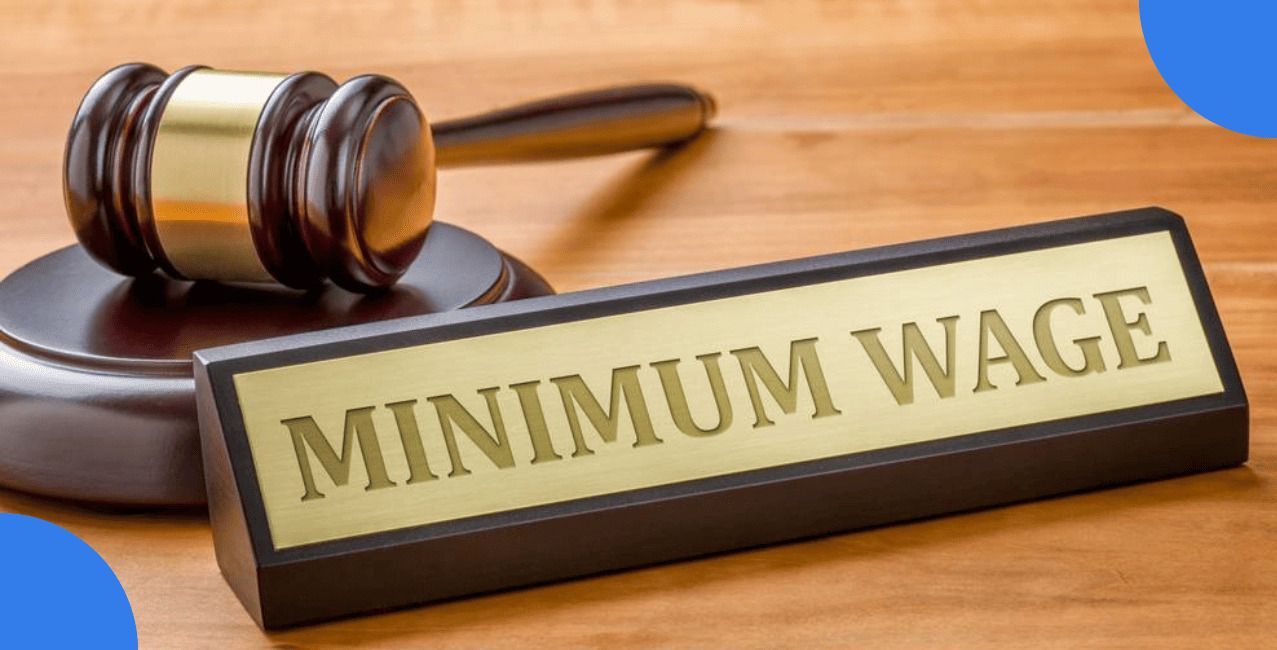How One Missed EMI Could Destroy Your Credit in 2025
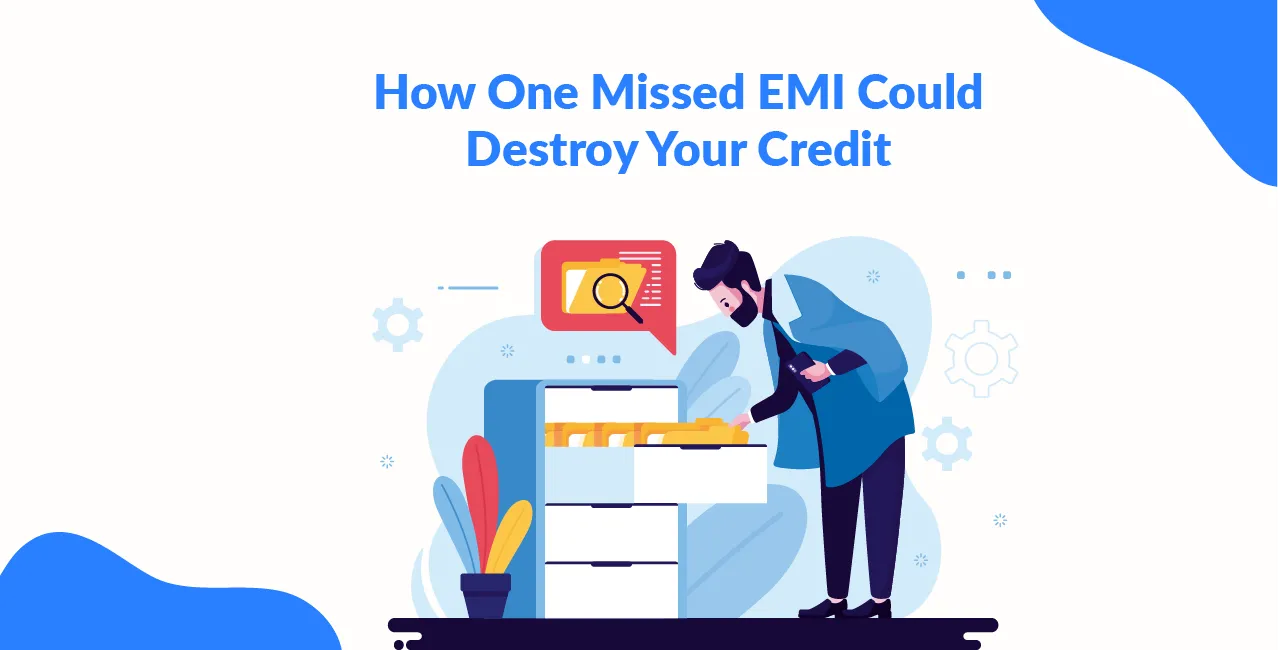
Check Your Loan Eligibility Now
By continuing, you agree to LoansJagat's Credit Report Terms of Use, Terms and Conditions, Privacy Policy, and authorize contact via Call, SMS, Email, or WhatsApp
Why should one missed EMI matter if you’ve always paid on time? Think about this, you’ve been paying your EMIs for months, maybe even years, without delay. Then, in, one month, you miss one EMI due to a tight salary date or a medical bill.
You assume it’s a small thing. Just one payment. But then, the bank calls. Your CIBIL drops. New lenders hesitate. Loan offers shrink. Suddenly, you’re not a “trusted borrower” anymore. One slip becomes a wall between you and financial freedom.
What Happens When You Miss Just One EMI?
Most Indian borrowers think, “I’ll pay it next month, no big deal.” But missed EMIs show up on your credit report. Even one delay can reduce your credit score. That 3-digit number decides how banks trust you. It can drop by 75–100 points with one delayed payment.
Let’s say your CIBIL score was 780 before missing an EMI. After the delay, it may drop to 690. That’s no longer a “safe” number for banks. A score under 700 puts you in the high-risk zone. You get higher interest rates. Some lenders won’t even offer you personal loans or credit cards anymore.
Impact on Credit Scores: One Mistake, Long Damage
Banks report EMI defaults every 30 days. Even if you pay on day 31, it still counts as a delayed payment. And this stays on your report for years.
Also, it affects your credit utilisation ratio. The missed EMI adds pressure to your score if your other cards or loans are near their limits.
Lenders see it as a sign you can’t handle repayments, even if you paid for years without problems.
Missed EMI and Real-Life Indian Example Calculations
Let’s break this down with numbers that actually make sense for an Indian earner. Suppose you’ve taken a ₹10,00,000 home loan at 9% interest for 15 years. You miss one EMI of ₹10,140.
If paid late, you not only pay that EMI but also:
- Late fee: ₹500
- Penal interest @ 2% for 30 days: ₹200
- Credit score loss: 80 points
Now, you apply for a car loan with a score of 690. Instead of 9.5%, the bank offers you 10.5%. That’s just 1% more, but it changes everything
In 5 years, you pay ₹17,700 more just because of one missed EMI.
That’s how this domino falls.
How One EMI Triggers a Chain Reaction?
People don’t see the full picture. A missed EMI doesn’t stop at credit score. It affects:
- Loan approval chances: Banks reject loans based on past 6-month records.
- Higher security deposits: Credit card companies may ask you to open a secured card.
- Insurance premiums: Some insurers factor your credit score now.
- Pre-approved offers vanish: You’ll see fewer offers from banks.
- Mental stress: Yes, that too. Loan recovery calls start. Your phone rings nonstop.
EMI Delays vs. Type of Loan
Different types of loans hit your report differently.
Personal loans and credit cards hurt the most when missed. They are unsecured. Banks feel more risk there. So they react harder.
Proven Steps to Fix Your Credit Score After a Missed EMI
Don’t sit and hope your score will heal itself. It won’t. You must act. Do these 4 things:
- Pay off the delayed EMI quickly
Even a 30-day delay is bad, but the 60-day delay is worse. Settle it fast.
- Avoid new loans for a few months.
Give your score some breathing room. Don’t apply for credit everywhere.
- Start a secured credit card.d
These cards (against FD) help repair your score. Use it monthly, pay it in full.
- Request your lender to restructure
If you are struggling, banks may allow part payment, pause, or EMI reduction under RBI restructuring norms.
Some Smart Habits That Prevent EMI Misses
Here’s what helps in daily life:
- Set up auto-debit from a savings account.
- Set reminders 5 days before due dates.
- Maintain a ₹10,000–₹20,000 buffer for sudden expenses.
- Avoid using salary accounts for EMIs—use a separate account.
Interest Rates After Credit Score Drop
Extra Tips Most Don’t Talk About
- Talk to your lender before the delay. Many banks allow grace days.
- Split EMIs: Some lenders allow weekly EMIs or biweekly payments.
- EMI insurance: Few policies cover EMI in case of medical/job loss.
- Use NACH mandate, not manual UPI/NEFT payments. NACH avoids tech errors.
- Review CIBIL quarterly. Don’t wait for problems to find you.
Conclusion
Missing one EMI may seem small, but the damage it can cause is deep. It lowers your credit score fast, increases your future loan interest rates, and brings stress with recovery calls.
You could lose access to pre-approved offers or even face rejection when you need money. For Indian borrowers, especially salaried or middle-income families, this mistake can cost lakhs over time.
So, always treat your EMI as a priority. Set auto-pay, keep an emergency buffer, and track your credit score every quarter. Lenders will be stricter in 2025 and beyond. One EMI is all it takes to go from trusted to risky. Don't let that happen to you. Stay one step ahead, always.
FAQs
1. Can I skip one EMI and pay double next month?
No. Banks still mark one month as missed. You’ll pay penalties, and your credit score will suffer.
2. Is there a grace period for EMI payments?
Some banks allow 2–5 grace days, but not all. It’s better to confirm this with your bank in writing.
3. Can I delete a missed EMI record from my CIBIL report?
No. If it’s genuine, it stays. You can dispute it through CIBIL’s portal if it's an error.
4. Will my loan EMI change if my credit score drops?
Existing loans don’t change. But any future loan or top-up will have a higher rate due to lower score.
About the author

LoansJagat Team
Contributor‘Simplify Finance for Everyone.’ This is the common goal of our team, as we try to explain any topic with relatable examples. From personal to business finance, managing EMIs to becoming debt-free, we do extensive research on each and every parameter, so you don’t have to. Scroll up and have a look at what 15+ years of experience in the BFSI sector looks like.
Subscribe Now
Related Blog Post
Recent Blogs
All Topics
Contents
Quick Apply Loan
Consolidate your debts into one easy EMI.
Takes less than 2 minutes. No paperwork.
10 Lakhs+
Trusted Customers
2000 Cr+
Loans Disbursed
4.7/5
Google Reviews
20+
Banks & NBFCs Offers
Other services mentioned in this article


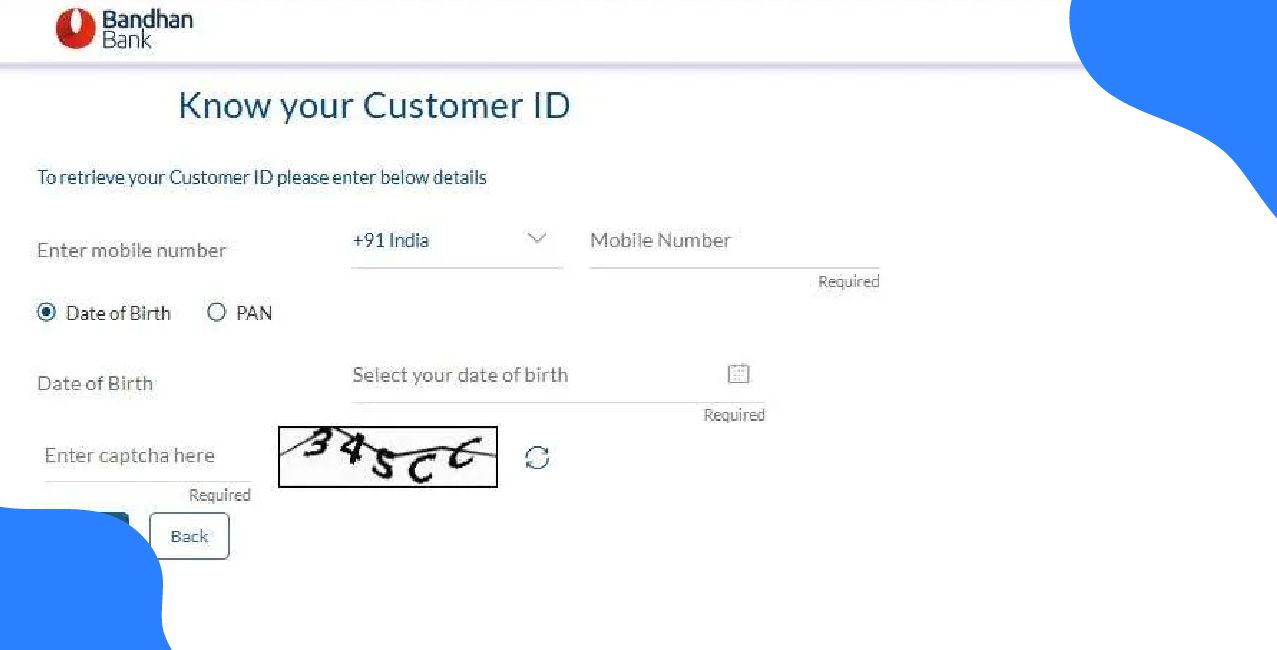
.png)
